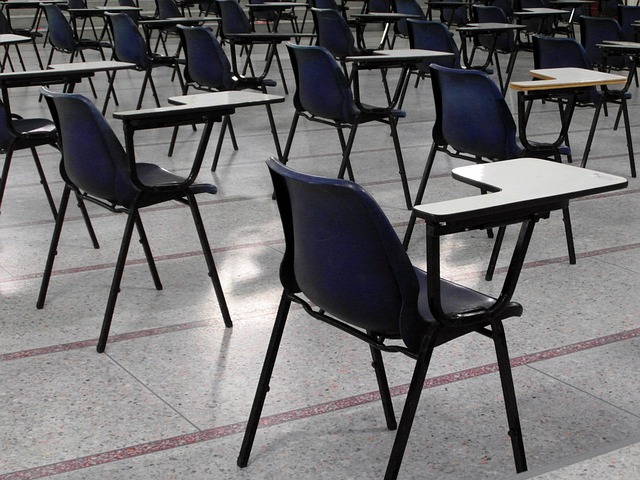Any learner with special educational needs or temporary injuries or disabilities can apply for Access Arrangements to enable them to access the examination without the demands of the assessment changing. Common access arrangements include the possibility of extra time or the provision of a reading or writing assistant. They enable the Awarding Bodies comply with their duty to make 'reasonable adjustments' under the provisions of the Equality Act 2010.
For detailed guidance on the specific requirements for each of the different kinds of support, you should refer to the literature of the relevant examination bodies and the Joint Council for Qualifications provides helpful guidance. In each case, there will be an assessment of students' levels of need, disability and learning difficulty, before determining what access arrangement may be made.
A non-exhaustive list of pupils or students who could qualify for assistance includes:
- those with General and/or Specific Learning Difficulties (such as Dyscalculia and Dyslexia)
- those with Sensory and Physical Needs (such as Hearing Impairment, Multi-Sensory Impairment
- Physical Disability or Vision Impairment.
How to apply for access arrangement...
All schools and colleges in the UK should inform pupils and students, as well as their parents, of the possibility of applying for access arrangement support with examinations and coursework. They should identify which of their pupils and students will require extra assistance in examinations and then apply for that additional support on their behalf. The applications should include a detailed description of specifically what support is required and why the student is qualified to receive it; the emphasis is usually on the evidence of the, ‘normal way of working.’
Any access arrangements should be granted approval before an examination or assessment. The
Special Educational Needs Co-Ordinator, fully supported by the School, has to take the lead in relation to the access arrangements process.
For pupils or students with an existing Education Health and Care Plan (EHCP), details of any access arrangements they require should be included in their EHCP. Even then, an application to the relevant examination body will still be required.
When difficulties arise with access arrangements...
Difficulties concerning your application for access arrangements may include your school refusing to support families.
In each of these cases, it is advisable to seek out specialist legal advice. At Match Solicitors, we have a team of expert education lawyers who have a wide range of experience helping pupils get the support they need to be able to complete their exams. If you or a child or young person in your care are having problems applying for access arrangements, call us today to discuss your circumstances in depth.




